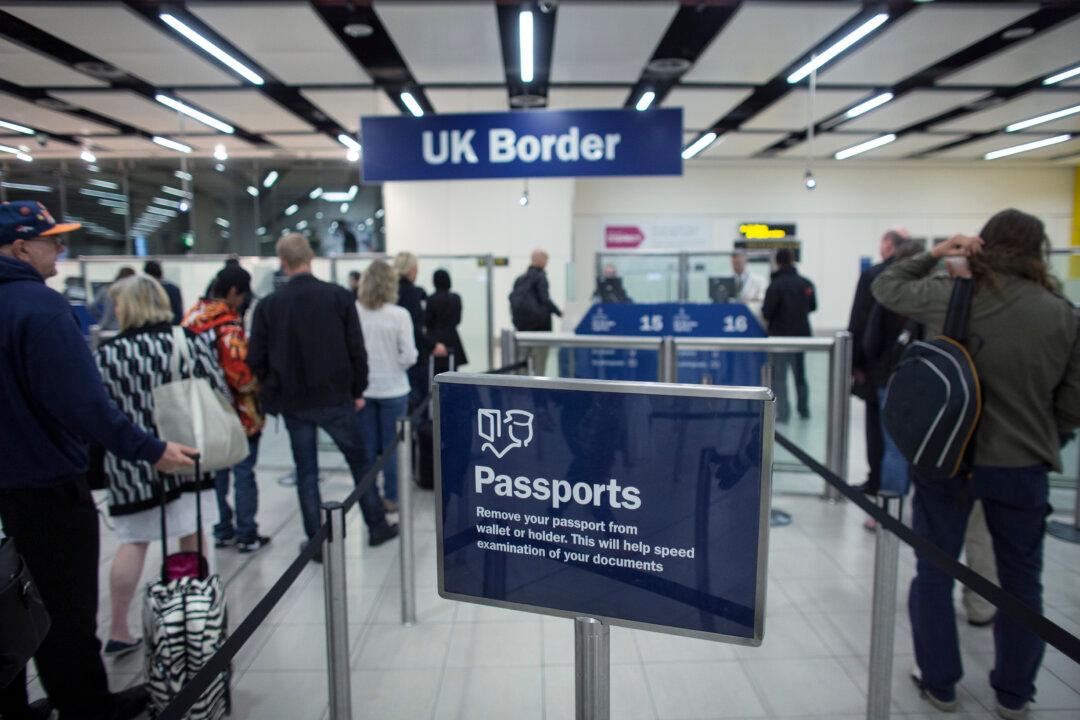There has been an almost six-fold increase in the number of skill-related work visas for non-EU immigrants, according to newly released figures.
In 2022–2023 alone, 159,000 skill-related work visas were granted to foreign nationals outside Europe—an increase from 27,000 permits issued in 2018–2019.





